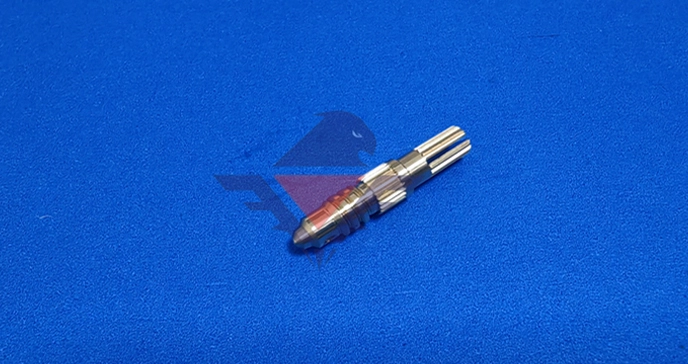
# Screw Machine Products: Precision Components for Industrial Applications
## Introduction to Screw Machine Products
Screw machine products are precision components manufactured using specialized automatic lathes called screw machines. These versatile machines have been a cornerstone of industrial manufacturing for over a century, producing high-quality parts with exceptional accuracy and repeatability.
The term “screw machine” originates from their original purpose of manufacturing screws, but today these machines produce a wide variety of precision components for countless industries. Modern screw machines, whether Swiss-type or multi-spindle, can create complex parts with tight tolerances at impressive production rates.
## Types of Screw Machines
Swiss Screw Machines
Swiss-type screw machines, developed in Switzerland for watchmaking, excel at producing small, complex parts with diameters typically under 1 inch. The sliding headstock design provides superior precision for long, slender parts that would be difficult to machine on conventional lathes.
Multi-Spindle Screw Machines
Multi-spindle machines feature multiple workstations (typically 4-8) that operate simultaneously, making them ideal for high-volume production. Each spindle performs a different operation, allowing complete parts to be manufactured in a single cycle.
CNC Screw Machines
Computer Numerical Control (CNC) technology has revolutionized screw machine operations, offering greater flexibility, precision, and the ability to quickly change between different part designs. Modern CNC screw machines can produce complex geometries that were impossible with traditional mechanical machines.
Keyword: Screw Machine Products
## Common Screw Machine Products
Screw machines manufacture an extensive range of components used across various industries:
- Fasteners: screws, bolts, nuts, and specialty fasteners
- Electrical components: connectors, terminals, and contacts
- Medical devices: surgical instruments, implants, and dental components
- Automotive parts: fuel system components, sensors, and transmission parts
- Aerospace components: fittings, bushings, and hydraulic system parts
- Plumbing fixtures: valves, fittings, and faucet components
## Advantages of Screw Machine Products
Precision and Accuracy
Screw machines consistently produce parts with tight tolerances, often within ±0.0005 inches. This level of precision is essential for components that must fit and function perfectly in complex assemblies.
High Production Rates
With the ability to complete multiple operations simultaneously and minimal setup time between cycles, screw machines offer exceptional production efficiency. Multi-spindle machines can produce hundreds of parts per hour.
Material Versatility
Screw machines work with a wide range of materials including various metals (brass, aluminum, steel, stainless steel, titanium), plastics, and even some composite materials.
Cost-Effectiveness
For medium to high volume production runs, screw machining provides an excellent balance between quality and cost per part. The automation reduces labor costs while maintaining consistent quality.
## Applications Across Industries
Automotive Industry
The automotive sector relies heavily on screw machine products for engine components, transmission parts, fuel system elements, and various sensors. The durability and precision of these parts contribute to vehicle reliability and performance.
Medical Device Manufacturing
Medical applications demand the highest levels of precision and cleanliness. Screw machines produce surgical instruments, implantable components, and diagnostic equipment parts that meet stringent medical standards.
Aerospace and Defense
Aerospace applications require components that can withstand extreme conditions while maintaining precise dimensions. Screw machine products used in aircraft and spacecraft include hydraulic system parts, fast